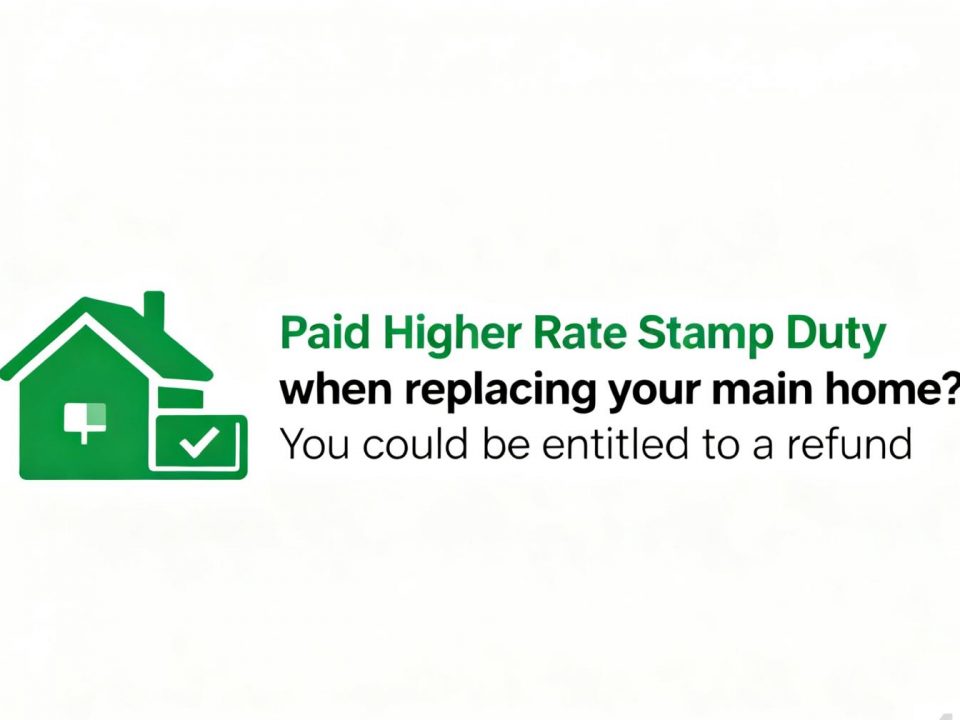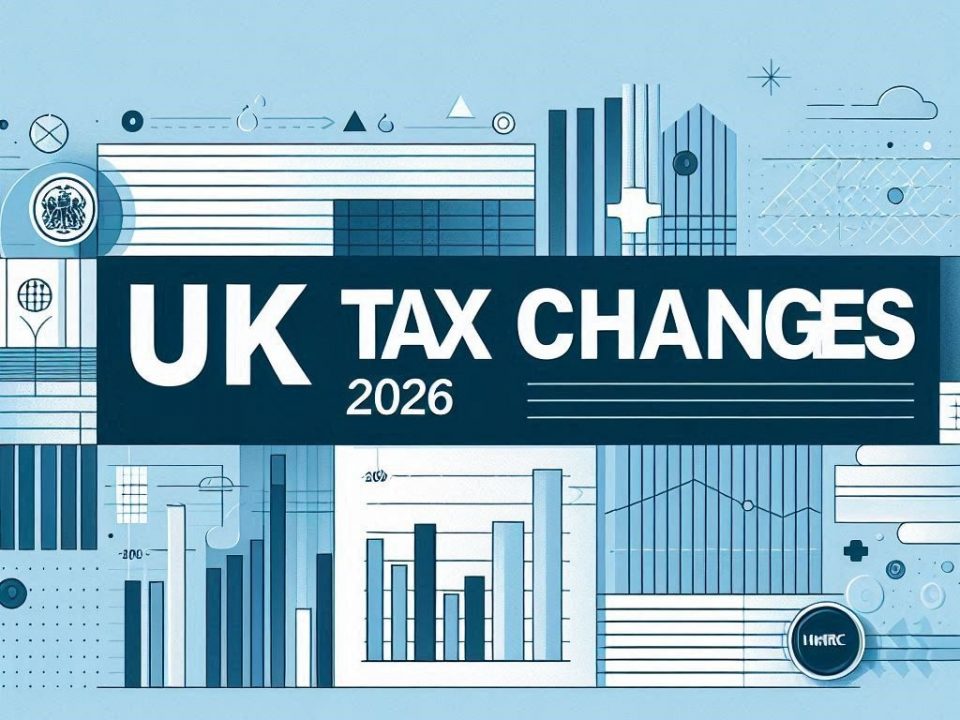How to Obtain Gross Status Under the Construction Industry Scheme (CIS)
November 16, 2024Understanding Section 24 and Its Impact on Basic Rate Taxpayers
November 24, 2024As more business owners choose to operate from home, understanding how to claim working-from-home expenses is essential. For directors of limited companies, this can be a smart way to manage costs and maximise tax efficiency. Let’s break it down.
Why Claim Working From Home Expenses?
If you run your business from home, you’re likely incurring additional costs, such as higher energy bills, internet usage, and possibly even rent. HMRC allows you to claim a portion of these expenses back, either through a simple flat rate or by calculating the specific business use of your home.
Two Ways to Claim Working From Home Expenses
1. Flat Rate Allowance
This method is straightforward and requires no receipts or detailed records.
- HMRC permits a set flat rate of £6 per week to be claimed for home office use.
- While simple, this approach may not reflect the full extent of your business-related costs.
2. Proportional Costs of Home Use
For those with higher home-related business costs, calculating the exact proportion of costs for business use can result in a more significant claim.
- Identify the total costs of running your home, such as electricity, heating, internet, and rent (if applicable).
- Determine what proportion is used for business.
How to Calculate Proportional Costs
To calculate accurately:
- Divide Your Home into Rooms
Count the total rooms in your house and determine how many are used for business purposes. - Assess Business Use
Consider how much time the room is used for work versus personal use. For example, if one room is used solely for business 40 hours a week, calculate its share of the home’s costs based on time and usage.
Key Expenses You Can Claim
Some examples include:
- Electricity and Gas: For heating, lighting, and powering equipment in your home office.
- Internet and Phone: If used for business purposes, claim the relevant percentage of costs.
What to Keep in Mind
- Documentation: Always maintain accurate records of your calculations and relevant receipts, especially for proportional claims.
- Reasonableness: Your claims should reflect realistic business usage to avoid raising red flags with HMRC.
Getting It Right with Taxes Done Right Ltd
Whether you prefer the simplicity of a flat rate or the accuracy of proportional claims, understanding what’s best for your situation is key. At Taxes Done Right Ltd, we specialise in helping directors of limited companies navigate tax claims with ease.
Need tailored advice for your home office setup? Get in touch with us today!



